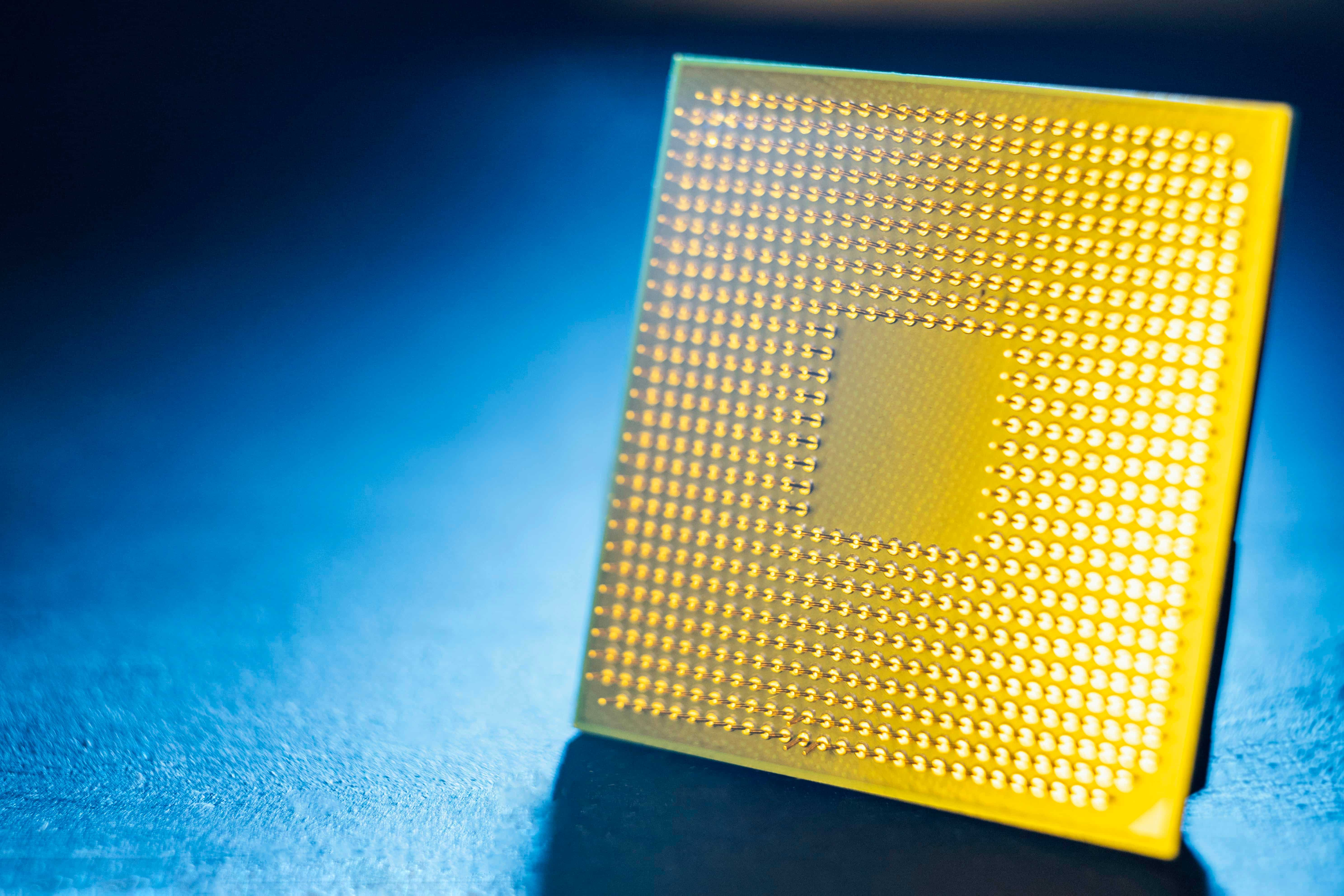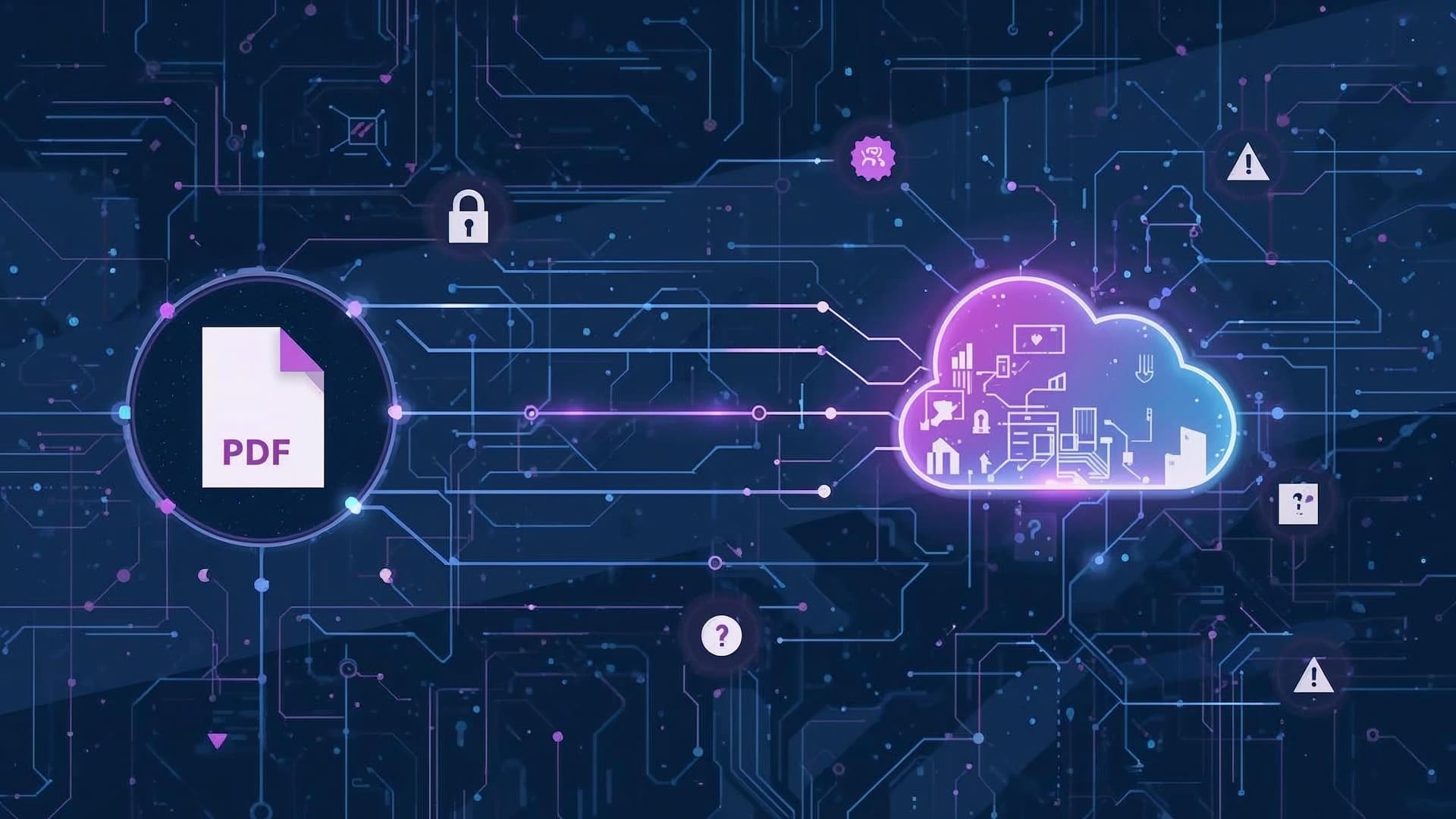AI and digital technologies are set to play a central role at the Milano-Cortina 2026 Winter Olympic Games, positioning the event as a global showcase for large-scale AI deployment. Organisers aim to demonstrate how advanced technologies can transform major international events across media, operations, and public engagement.
Audience experience will be significantly reshaped through AI-powered broadcasting and digital platforms. Innovations include first-person drones following athletes in real time and AI-assisted replays that generate multi-angle freeze frames and performance data. In parallel, AI-driven tools on the official Olympic website and social media platforms will offer personalised highlights, summaries, and interactive content.
At the same time, technology will support athletes both on and off the field. AI systems will monitor and flag abusive online content, while dedicated digital applications will assist with training, injury prevention, and communication with family members during competitions.
Beyond digital innovation, the Games will also highlight sustainability through design. Transparent, reusable Olympic torches powered by biofuel and made from recycled materials will showcase how technology can support environmental responsibility alongside sporting tradition.
Would you like to learn more about AI, tech and digital diplomacy? If so, ask our Diplo chatbot!










